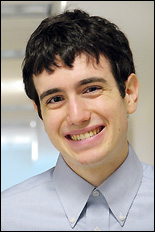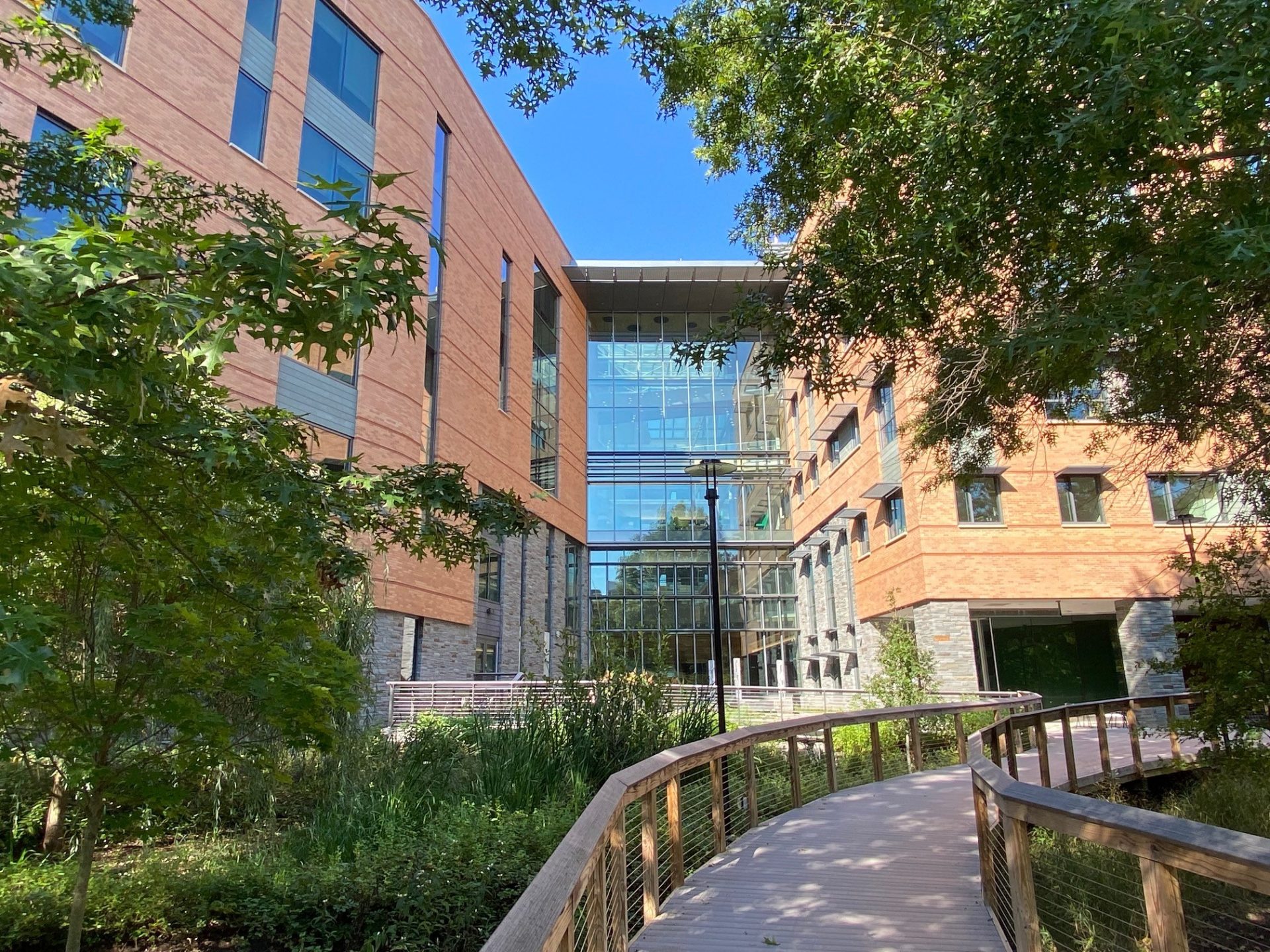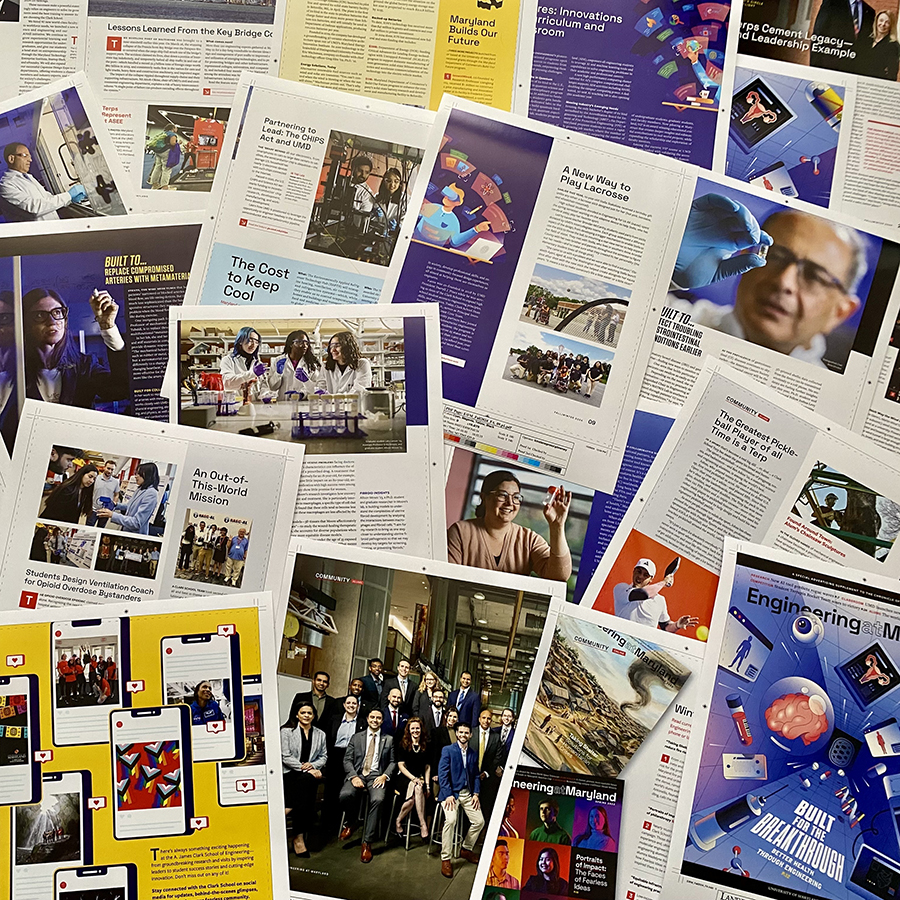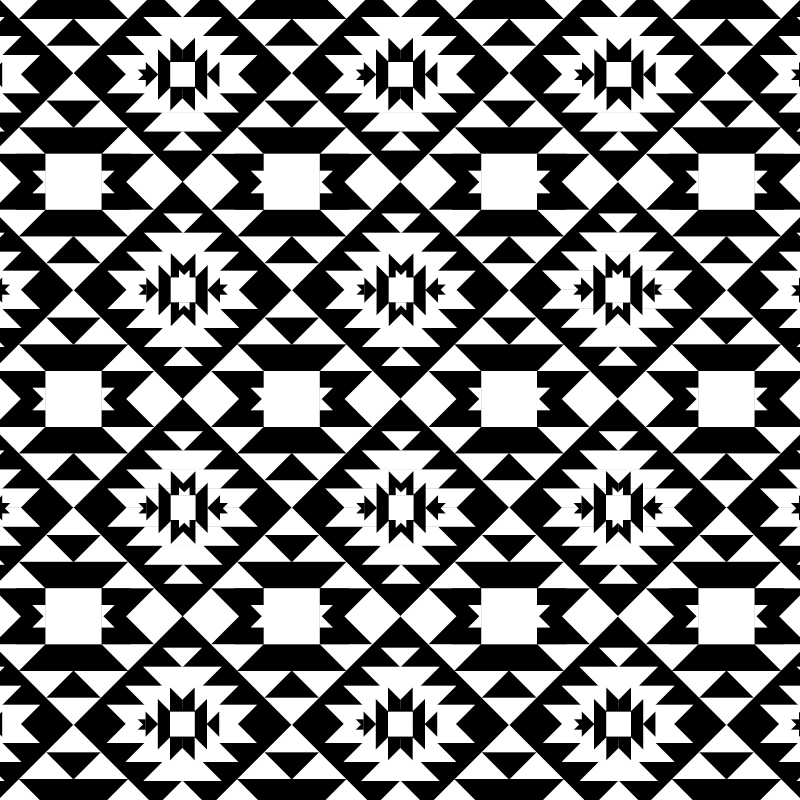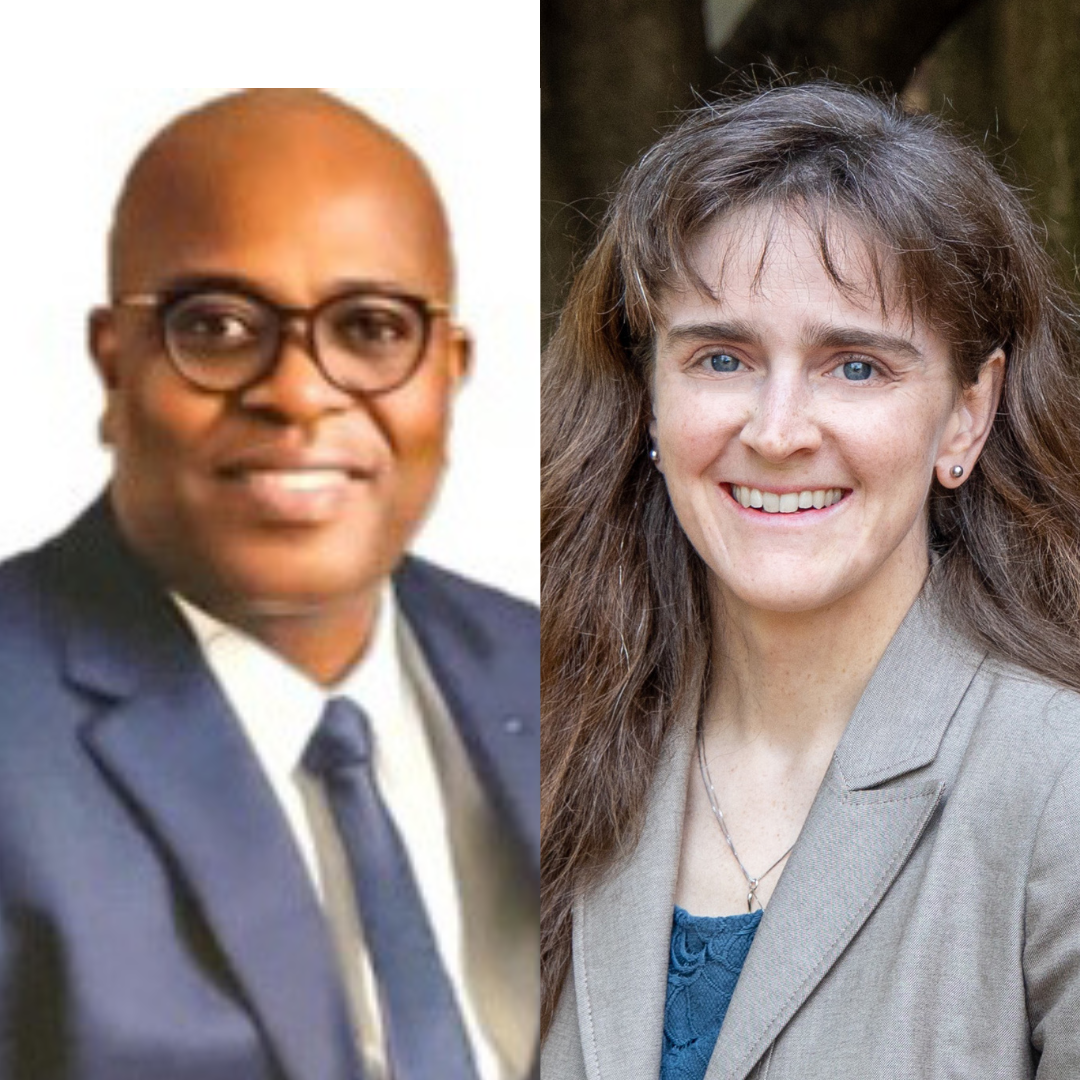News Story
BioE Undergrads Sweep Bioethics Essay Contest
Fischell Department of Bioengineering (BioE) freshmen Kristina Dziki, Ariel Isser, and Renee Mitchell swept the top three spots in the Institute of Biological Engineering's (IBE) annual bioethics essay contest. The students presented their essays as semifinalists at the IBE's annual conference in March 2013, where the winners were decided. All three are students in Lecturer Idalis Villanueva's BIOE 120: Biology for Engineers class.
In the past six years, Clark School bioengineering majors from the University of Maryland have represented 21 of the 29 total finalists, scoring three first place, three second place, and five third place wins, as well as numerous Honorable Mentions.
Isser took first place for his essay, "Bio-Printing: Extending Life at What Expense?" Bio-printing, an emerging practice within the field of tissue engineering, creates three-dimensional constructs that closely mimic real tissue or organs by laser printing hydrogels that contain multiple layers of specialized cells, extracellular matrices, growth factors, and vascular networks. While the new technology has great potential to replace damaged organs and heal burns, Isser explains, it is also controversial because of concerns that it could unnaturally extend human life (which would in turn affect population growth and the resources needed to support it), turn body parts into commodities, or distort how "human" we are. Isser advocated finding a balance. "While ethical concerns are raised…preventing the field from advancing could be seen as akin to allowing innocent patients to suffer or die," he wrote. "I believe the field should continue advancing under close regulation to ensure organs and tissues are not mishandled and a sense of reverence for them is maintained."
"Even though we may have the means to improve our bodies beyond that of a natural human, should we?" Mitchell asked in her second place essay, "Ethics of Human Enhancement in Bioengineering," which explored the ethical differences between curative and preventive medicine and enhancements that that may unnaturally increase human performance and lifespan. However, what is considered an "enhancement," she wrote, may be both relative and tempered by cultural evolution. Advancements such as prosthetic limbs, joint replacements, improved hygiene, organ transplants, and vaccinations have tripled what was considered to be the natural human lifespan in the Paleolithic era, but are now widely accepted medical practices rather than viewed as unnatural enhancements. Mitchell argued that we should not apologize for our achievements in medicine, nor should we fear the ethical reviews of these achievements that inform the public and allow for acceptance or rejection. Bioengineering is simply another tool and "enhancement" is not a single, simple concept, she concluded. Change is natural, and it is acceptable to pursue solutions our vulnerabilities.
Dziki's third place essay, "The Bioethics of Stem Cell Research," took on one of society's most controversial biomedical debates by weighing the potential benefits against safety and ethical concerns in the context of medicine's goal of curing and preventing disease. "I believe that stem cell research is morally justified because of its potential to teach us about disease, and to help us develop drugs and cell-based therapies to treat so many currently incurable diseases," she wrote. "However, I believe stem cell research must be practiced in a way that is responsible…rather than being used by scientists or patients who want to take advantage of stem cells for monetary gain or excessive 'human enhancement'."
"The IBE conference was a great experience, and I feel very fortunate to have had the chance to attend in my freshman year," says Dziki. "It was interesting and inspirational to see the research being done by college students around the country. Also, it was exciting to be one of the top 5 contenders in the essay competition, and particularly to be one of the top three winners–who were all Terps!"
Learn More:
Visit the Institute of Biological Engineering web site »
Published March 29, 2013

